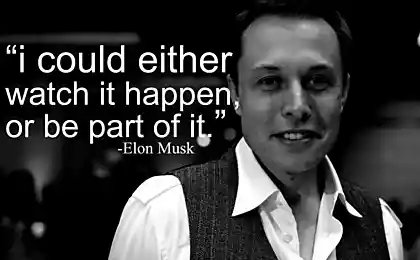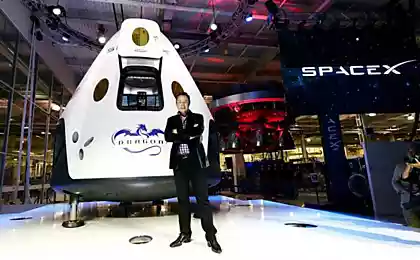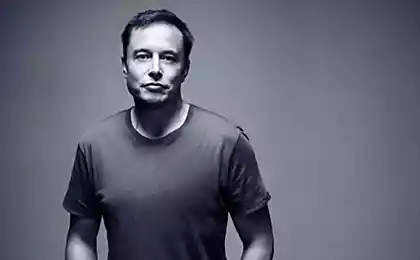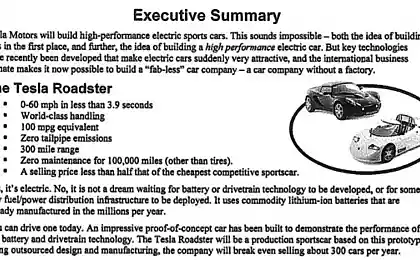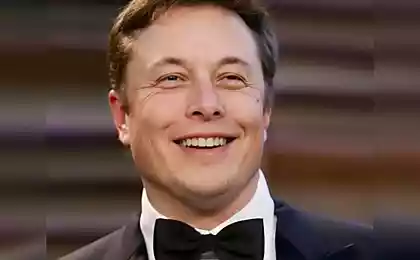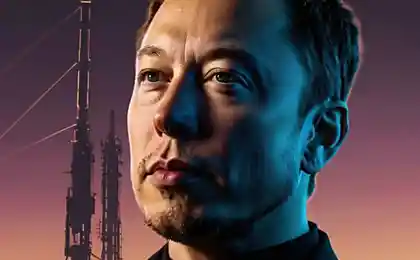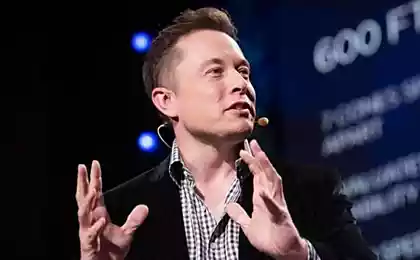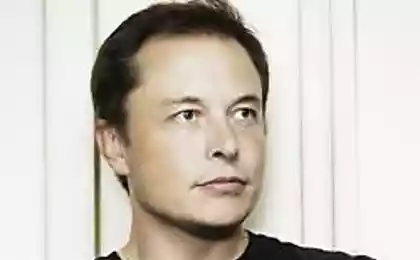503
Why Elon Musk is the exception, not the rule

Judging by the success of Elon musk in a variety of industries, including PayPal, Tesla Motors and SpaceX, you'd think that the transition between such different technologies as digital payments innovative automotive and space, relatively smooth and easy.
Research Professor Eggers (J. P. Eggers) suggests that Musk, like other extremely talented entrepreneurs like Richard Branson, are rare exceptions to the rule.
According to Eggers, a failure, of course, much worse than a permanent success, but can yield much more valuable lessons. It turns out that for many it is probably better to stick to one industry, even if the first failed, than to start all over again in a different role.
This statement is contrary to popular business myth is about taking risks and stubborn attempts to achieve success, regardless of industry.
"Every time you change activities, you are losing valuable experience setbacks, including an understanding of the causes of failure and the industry itself."
Eggers and his co-author Lin song (Song Lin) from the Beijing Central University of Finance and Economics, studied two groups of entrepreneurs in Beijing and venture capitalists in the United States. The result found that the entrepreneurs failed and remaining in the same business, at least, improve the results in the following iterations, unlike many of those who changed the nature of the activity.
One reason for this is that entrepreneurs who have failed, tend to blame external circumstances, whether to competitors, market changes, high prices and expectations, rather than internal factors such as control disgusting or disagreements in the team.
When your business is going well, there is a tendency to inflate self-esteem, but when it's bad, it's always someone else.
Initially the study was designed to determine differences in the business cultures of the US and China. One such distinction is the willingness of American entrepreneurs to work in a team, and, conversely, the greater tendency of their Chinese colleagues to his solo performances. As a result, the first can obtain more experience in business in General, due to the team, and the latter always rely on the experience of only one person. The researchers found a strange feature, entrepreneurs remaining in the same industry, proving to be in a more advantageous situation.
Entrepreneurs such as Musk and Branson seem to have powers of king Midas, to turn any object into gold. Whatever business not engaged, they tend to achieve success that relates only to their exceptional leadership and brilliant ideas.
In this study, the authors examine two sets of data: extensive survey of entrepreneurs in China and venture capital investment in the United States.
Additional key details include the fact that almost 46% of all Chinese serial entrepreneurs in the survey sample have changed the nature of the activity before beginning the subsequent venture. In the US this size even more, and reaches 54%.
Some points of the research is debatable. For example, only 27% of Chinese entrepreneurs, founded the previous enterprise still remained in the same field.
In any case, the change of occupation, regardless of previous success, a negative impact on subsequent venture. The results showed that from 23 to 31 per cent of enterprises show a lower growth in Chinese data, and 18 percent according to the United States.
The researchers conclude that entrepreneurs should think twice before to change the scope of activities, and warn potential investors about the prudence of investing in serial entrepreneurs who switch from one industry to another, because the previous failures could be associated with managerial shortcomings or failure of strategic planning.published
Source: megamozg.ru/post/11252/


